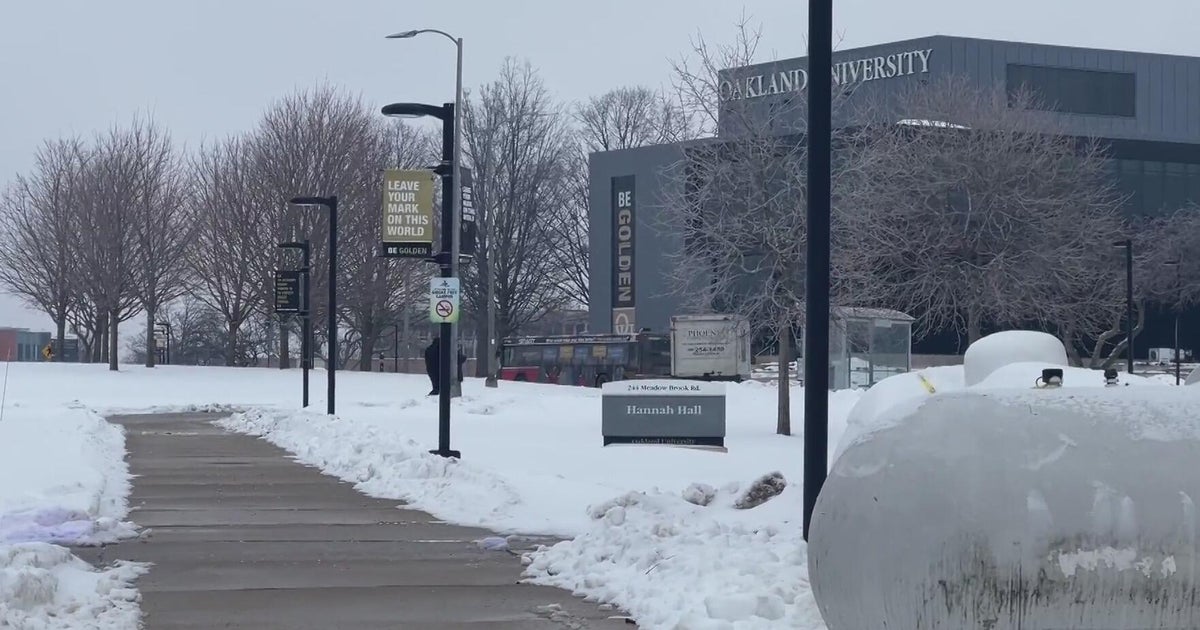As some restaurants reopen, model shows how coronavirus can spread farther than 6 feet
Formerly closed or takeout-only restaurants may have more to consider than just masks and gloves to keep customers safe, as states begin to lift coronavirus lockdowns. A group of researchers say that the air flow inside a restaurant is critical to reducing the chances of transmitting COVID-19, and that virus particles caught up in a room's air circulation can spread farther than the precautionary six-foot social distancing guideline.
"When a virus is caught up in an air stream, it has the potential to move much further than six feet," Professor Kevin Van Den Wymelenberg told CBS News' Omar Villafranca.
Wymelenberg and five other researchers from the University of Oregon and the University of California, Davis have written a paper focused on minimizing viral transmission in buildings.
They first created a 3D model of how the virus could spread through a room with no open windows, and only an air conditioner or a fan to circulate the air.
"The visualization is really trying to articulate how the particles get caught up in the air and move around the space," Wymelenberg explained.
In a second 3D model, the same room was recreated — only with an open window.
"What we were seeing is that, with increased outdoor air exchange, through the open window… particles deposit more quickly and then also be exhausted from the airstream more quickly," he said.
In the end, fresh air led to fewer infections.
Moving forward, Wymelenberg said buildings' air systems would be part of the conversation on how to keep people safe from COVID-19 and other viruses.
"I think we're all going to be considering our air systems in buildings much more seriously moving forward," he said. "And I think restauranteurs will be included in that scenario."
Julian Eelsen, who owns Whisk Crepes Cafe in Dallas, agrees that current social distancing and PPE guidelines are not enough to keep customers safe yet.
Despite Texas allowing restaurants to open at 25% capacity, Eelsen is not ready to let customers inside his 25-person seating establishment.
"We don't even let them order inside. They have to order, like, outside on the phone or online. Nobody comes inside besides employees," Eelsen said.
He said the decision was not only for the peace of mind of him and his staff, but for his customers as well — to which they have been receptive.
"A lot of customers give us some very positive feedback," he said about electing to not reopen for dining.



